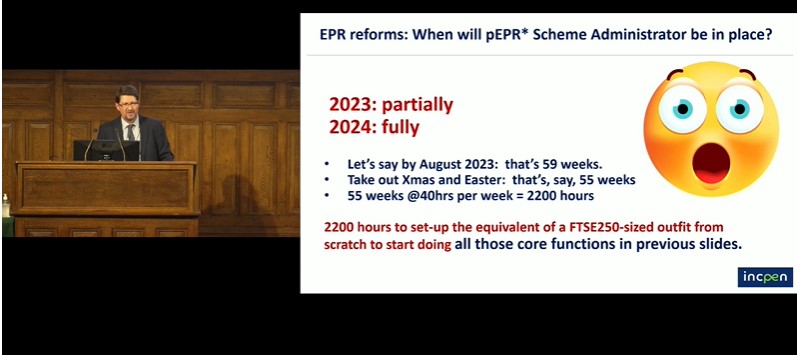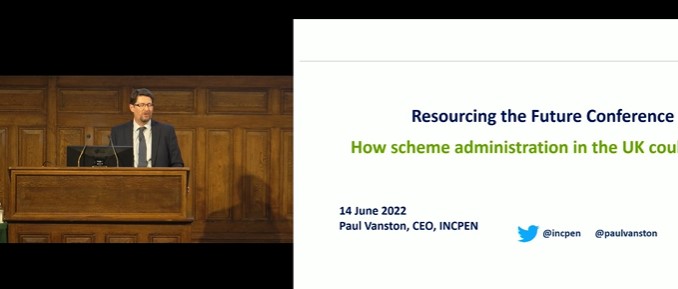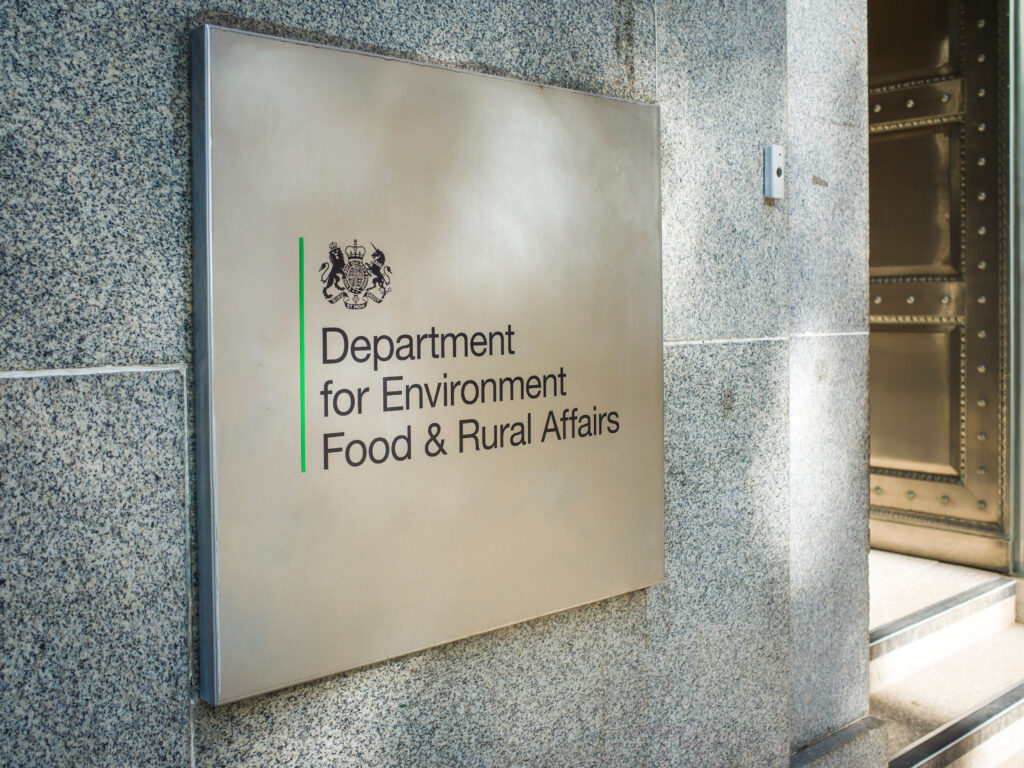Paul Vanston, the chief executive of producer group INCPEN, gave a warning in a discussion yesterday (14 June) about the future roll-out of EPR to packaging producers.
He said that with the £1.1 billion cost to producers from the new packaging regulations, which will continue to rise with inflation, the government has to think very carefully about rolling out any further measures and who will be hardest hit by these.
This view came as some at the debate were discussing a potential roll out of an EPR scheme for textiles.
Mr Vanston said: “We have to follow through where these costs end up, although we call this producer responsibility in terms of the system and the outcomes, the producers may end up passing the costs onto citizens. In the same way as the council who provide vital services now have to get their costs paid through the council tax.
“So, I would say, with EPR for packaging alone, that £1.1 billion is estimated to cost households £41 extra per year, according to the government, on the basis of 85% of the costs being passed on.
“In isolation, you might think ‘we can live with that’, but we are in a different age now from when this was first brought about, we have a cost-of-living crisis. That £41 a year is estimated to be 0.123 % of household expenditure. Which means its around £31,000. But what does that mean to a household on £20,000 a year? We have to think about the consequences of any further EPR, other than what we have”.
Climate crisis

However, when asked by the chair, WRAP’s CEO Marcus Gover, if EPR is possible to be implemented given the cost of living crisis, Paul said: “This has to happen if we believe there is a climate crisis, and a biodiversity crisis.
“There has already been a very important departure from the business recycling proposals under EPR, and they said all the proposals were not accepted by anybody. We would prefer the government put outcomes first and do it at the best possible cost.
“This cost will flow through to citizens and we have to be mindful of that”.












Subscribe for free